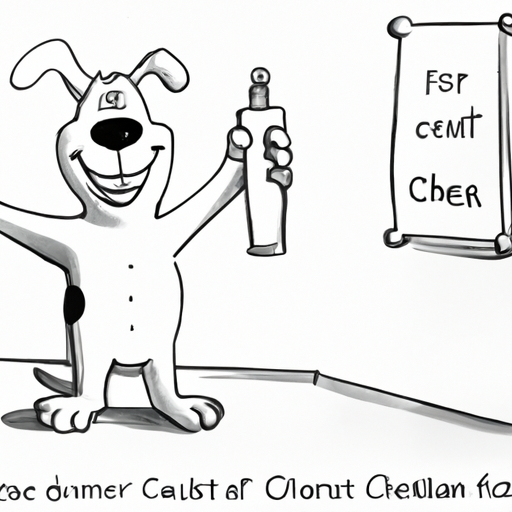Why Tartar Matters
Hey, caregiver. Let’s talk about your furry friend’s pearly whites. Or is it not so pearly anymore? Tartar buildup on your dog’s teeth is more than just a cosmetic issue. It can lead to serious health problems if not addressed. Think of it as a nefarious villain, sneaking in to wreak havoc on your pup’s oral health. Periodontal disease, discomfort, and even organ damage can occur from untreated tartar. Your mission, should you choose to accept it, is to wage war against this invisible enemy.
The Power of Regular Brushing
First, let’s discuss your most potent weapon: regular brushing. In the grand epic of good oral health, this is your Excalibur, your lightsaber.
-
Choose the right toothbrush: Look for a toothbrush designed specifically for dogs – they’re shaped differently to better reach your dog’s back teeth.
-
Select canine toothpaste: Human toothpaste can be harmful to dogs. Canine toothpaste comes in dog-friendly flavors like beef or chicken.
-
Brush daily: Daily brushing is ideal, but even a few times a week can make a significant difference.
Diet and Chew Toys Can Help
Even the most diligent brushing won’t be enough if your dog’s diet is working against you. It’s like trying to bail out a sinking ship with a thimble.
- Diet: Look for dog foods formulated to reduce tartar. A diet high in protein and low in carbohydrates can help prevent tartar buildup.
- Chew Toys: Certain toys are designed to help clean your dog’s teeth as they chew. It’s a win-win situation – your dog gets a fun toy, and you get a cleaner mouth to smooch.
Professional Cleanings
Just like in humans, professional cleanings play a vital role in your dog’s dental health. The hygienist’s tools can reach places your toothbrush can’t, vanquishing the tartar lurking in the shadows. It’s like the cavalry arriving just when you need them most.
Monitor Your Dog’s Dental Health
Finally, you need to keep a vigilant eye on your dog’s dental health. Regular check-ups are essential, but between appointments, you should keep an eye out for signs of trouble.
| Signs of Dental Problems | What to Do |
|---|---|
| Bad breath | Schedule a vet visit |
| Difficulty chewing | Consider a dental cleaning |
| Swollen or bleeding gums | Seek immediate veterinary attention |
FAQ
Q: How often should I brush my dog’s teeth?
A: Ideally, you should brush your dog’s teeth daily. However, if that’s not possible, even a few times a week can help.
Q: Can I use human toothpaste for my dog?
A: No, human toothpaste can be harmful to dogs. Always use toothpaste specifically formulated for dogs.
Q: What are signs of dental problems in my dog?
A: Bad breath, difficulty chewing, and swollen or bleeding gums are all signs of dental problems in dogs.
Q: Can diet really affect my dog’s dental health?
A: Absolutely! A diet high in protein and low in carbohydrates can help prevent tartar buildup.
Remember, your dog’s dental health is in your hands. With the right tools and knowledge, you can help your furry friend keep that winning smile for years to come.



